 As the wonderful comedienne, Joan Rivers, would ask, "Can we talk?" Comments. We love a comment. At the bottom of every a piece, there is, in extremely tiny, blue letters, so fine it can hardly be seen, the word Comment. Click and join the conversation. You remain anonymous, with only your first name. Some people even choose a new name- e.g Barbecue Bill, Pino, Lusty, Baker. Your email remains hidden. Many comments come by email rather than through the blog. Why not "blog it" and share with others? Expand the conversation. Send me a friend's email and I'll add it to the list. My last two topics were farmed salmon and dishwashers (dumpers or rinsers.) It was interesting to see many more comments coming through (on the blog, Facebook or to my email) about dishwashers than farmed salmon. What does that tell us about ourselves / our pre-occupations? I sensed a touch of reluctance (or sadness) in giving up salmon. It's so, so convenient and it's always there (sometimes wild fish just aren't biting). There were lots of hopeful suggestions about the possibility of better New Zealand salmon. We'll continue to check it out. All in all, a matter of yes, but... Join the conversatation👇🏾
5 Comments
Above: A dish's progress around the kitchen
The potatoes were sliced, seasoned, garlic, and cream added, arranged in a dish, then oven -180˚C for 45 minutes. Taken bubbling to the table, we shared it. The dish was left dirty on the table overnight. (I told you I was a slattern.) I rose at 7.00 a.m., fed the cats, gave a half-hearted scrape around the gratin dish with a spatula and loaded it into the dishwasher along with other dinner paraphernalia. At the end of the cycle, it was returned, along with the rest, perfectly clean (and sanitised at 60˚C) to the cupboard. (There was no avocado or peanut butter to deal with. I believe they are stubborn.) It's a first world problem and note that pre-rinsers mightily out-numbered dumpers, despite all the literature being against rinsing. Interesting points... Anti-rinse: An intelligent, committed, busy friend described herself as the sort of tragic nerd who reads the instructions when she gets a new appliance. (So novel!) If Ms Asko or Mr Bosch tell her not to rinse, that's good enough. Hedging his bets: Alistair McAllister wrote that his dishwasher is 74 years old but at least it keeps his hands clean. Pro-rinsers: Most suggested they didn't like the idea of all that jucky matter sitting in the pipes. (Jucky, grubby and mucky were very much at the forefront of the discussion.) The plumbing of a dishwasher is like the plumbing of the bathroom / lavatory. Water flushes it all away. (Modern plumbing is my pick as the greatest boon to modern civilisation, way beyond electricity or the Magimix.) May I assume then, that most bathrooms / lavatories are reserved for applying cosmetics and storing fluffy white towels and that serious ablutions are conducted on the back lawn? Next, I'm looking into "Wellness". Join the conversation 👇🏾 Salmon, unceremoniously plonked and piled in the supermarket chill display. It's cheap, it's abundant, it's portioned, it's colourful, it's easy, it's available. But according to Tasmanian author and Booker Prize winner, Richard Flanagan, it's toxic. Salmon was once a special-occasion food, wild caught and seasonal. Before salmon farming began (Norway c. 1975) smoked wild salmon served in hotels and restaurants was handled like gold. The salmon was weighed, the weight recorded in a book. The required slices were removed and plated, possibly draped across some Iceberg lettuce with a twisted slice of lemon and an onion ring. The salmon was then re-weighed and the weight recorded. It was precious. Handled with awe and respect, staff in "cold larder" would never dare to sneak a snack. Years later, I might be making up sandwiches for my nieces, their primary school packed lunches, with left-overs (farmed salmon) from a catering job "Oh Cathy, not smoked salmon again!," they whinged. Like chicken, salmon has become an industrialised product, the process touted as feeding a hungry world, affordable and easy to prepare. In reality, the cost could be just too great. 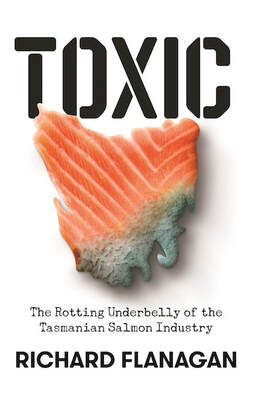 So what has brought on this soul searching? Our Gastronomy Book Club is going well. We meet monthly and the glass of wine and a few cashews has grown to mini banquets. We're helpless to resist. Our readings have ranged from romantic, foodie memoirs where tables groan with platters, platters brim with abundance and food bursts with flavour to hard hitting, thought provoking, often angry diatribes. This month we're reading the newly released Toxic and seeing the underbelly of the salmon farming industry. Flanagan calls farmed salmon "a highly artificial, chromosomally manipulated, dyed, fatty protein with decreasing omega-3 levels". He challenges the image promoted by the industry of idyllic pristine Tasmanian waters producing a clean, green, and healthy product.
Left: CM's Coulibiac, painstakingly done with the herbed pancake enclosing the fish. (19thC Limoges) Right: My Coulibiac, a bit of a quickie but delicious, nonetheless. (1930s Royal Copenhagen) Finding sources of wild-caught Alaskan, Canadian or Scottish salmon seems extreme. So are we going to find alternates? I'll miss a sliver of smoked salmon on a crouton with sour cream and capers, and some salmon roe topping a runny omelette or a steamed Japanese savoury custard. I love the Lebanese tahini, yoghurt, walnut, red onion sauce on a whole fillet of salmon but most of all, will I find an alternative for the Coulibiac - a classic French dish copied from the Russian Kulibiaka, (when the two countries adored each other)? Is the book a wake-up call, exposing an environmental disaster, a suspect food product, corporate corruption and a failure of governance or is it leftie, subversive rubbish, from old green hippies protecting their holiday shacks? Or will we simply say ""Yes but... it's so convenient."
In my restaurant days, we ate many left-overs. Today, I couldn't face another spoon of Marquise au Chocolat but I never tired of salmon. But, I won't be eating it again. I'd rather eat the peanuts from a bar room floor. Join the conversation. Add a comment below👇🏾 Plates ready for friends coming to dinner - but are they really clean? I'm a slut. It's official; a slut*, a slattern, a slammerkin. That's quite a relief because, in the past, I've felt criticised for being too particular, rather obsessive, but in fact, I'm a slattern. (Or perhaps, I'm one of the very few people who lucked upon a super, superior dish-washing machine.) It seems from the week-long survey on rinsers or dumpers, that rinsers far outweigh dumpers by about 12 to 1. Some of the dumpers were even careful with a quick wipe-over if the plates had held some virulent berry juice, for example. It seems some of the results were skewed because a lot of the readers were empty- nesters and didn't need to dish-wash every night. Many others were callow sophisticates who ate out at least three times a week. Nonetheless, I’m a slut – We sleep with the cats. (If we had a dog and a gorilla, we’d sleep with them too.) Sanctioned by our vet, the glass next to my bed at night I share with Jicky (one of the Orientals). But worst of all, I don't pre-rinse, ever. Yes, I'm a slammerkin, I don't rinse - even though I iron tea-towels, colour coördinate my bath towels and Marie-Kondo my drawers. Feeling oppressed, paranoid and losing my self-confidence, I spent a wonderful hour on the phone with my new best friend, Audrey from Bosch Australia. Once she'd got the cut of my jib, she dropped her guard and sniggered "It's a dishwashing machine, for heaven's sake. It washes dishes!" In short, I learnt a thing or two.
* Slut - "Kitchen maid or drudge", used into the 18th century. (Hard knots of dough found in bread were referred to as "slut's pennies"). Samuel Pepys (diary entry, February 1664) describes his servant girl as "an admirable slut" who "pleases us mightily, doing more service than both the others and deserves wages better". Later it came to mean a dirty, untidy, or slovenly woman. (Today's meaning is something else, again.) What goes in. What stays out.
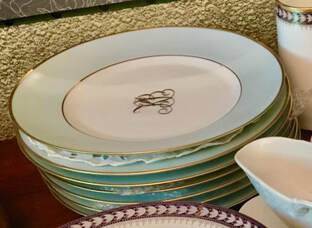 For example, this set of twelves large, beautiful, duck-egg blue Bing & Grondahl plates, c.1970 - $10, the lot! I am driven by aesthetics and believe in and admire effort. But not only do I grow weary, I realise that (unlike CM's) my stuff is not museum quality and no-one wants it. And in the end, the people around the table are more important than a plate. So, dear reader, I will share my shame. These days I put everything (nearly) through the dishwasher, with certain precautions. The heat will not hurt the plates. (Porcelain is fired at 1,400˚C.) I use a liquid dishwashing detergent which is less abrasive than even the new sachets and I carefully measure out one teaspoon, literally one teaspoon only of it and the machine does the rest. The heat, swishing action and minimal detergent even cleans off smeared Tripple Cream Brillat-Savarin cheese. Old or special glasses I do by hand and allow them to dry on a sponge mat designed for the purpose or a folded bath towel. Handling my toys gives me great pleasure but life must go on. Comment? 👇🏾 |
Categories
All
|
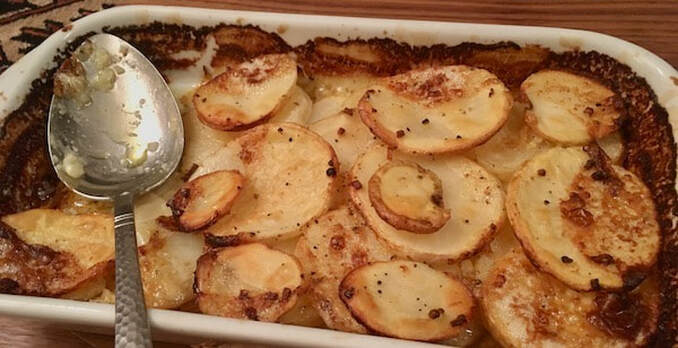
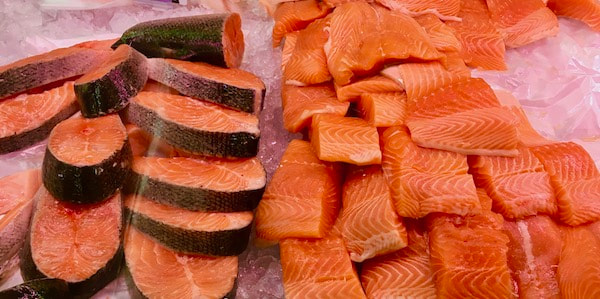
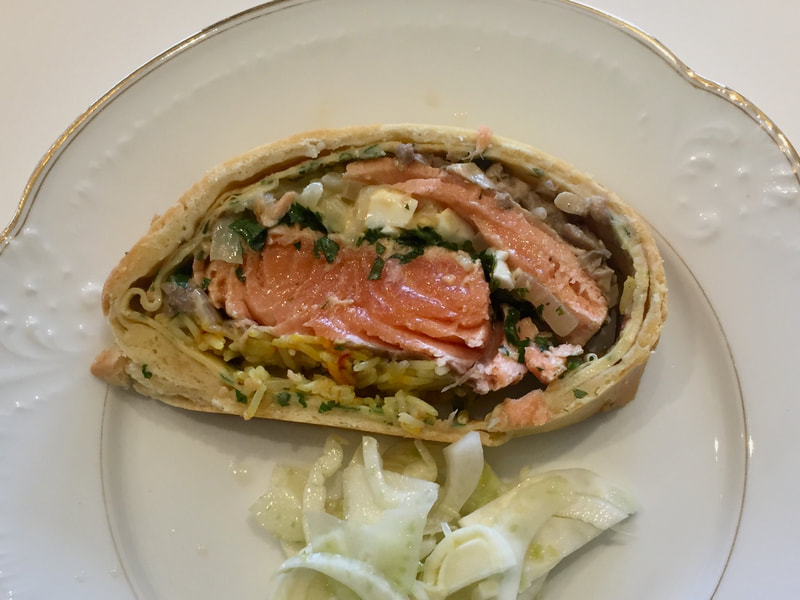
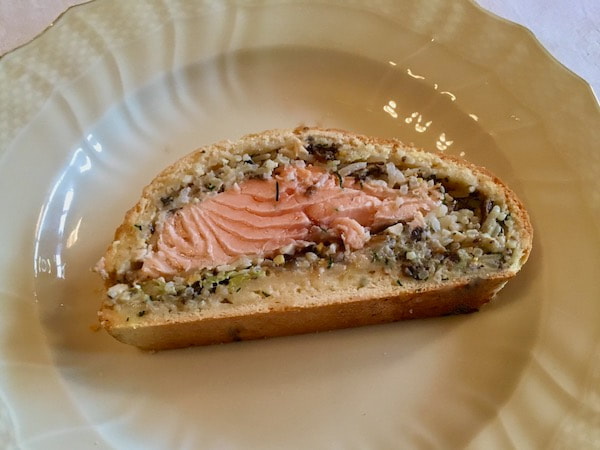
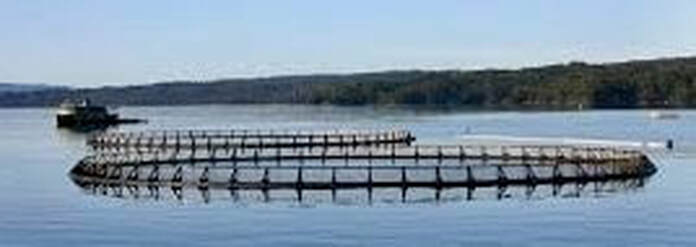
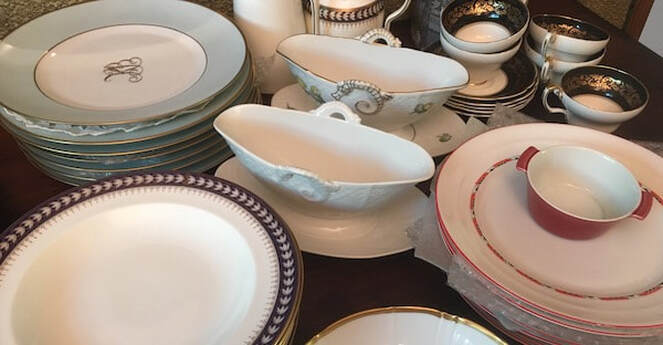
 RSS Feed
RSS Feed
